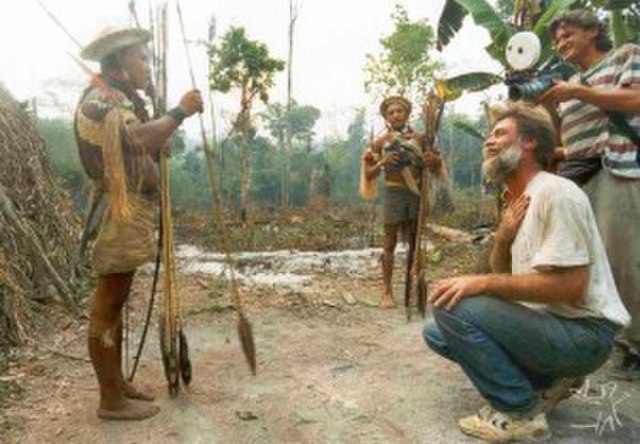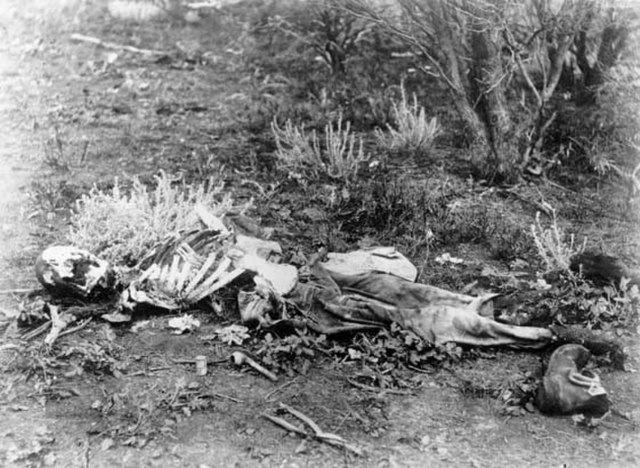Social anthropology is the study of patterns of behaviour in human societies and cultures. It is the dominant constituent of anthropology throughout the United Kingdom and much of Europe, where it is distinguished from cultural anthropology. In the United States, social anthropology is commonly subsumed within cultural anthropology or sociocultural anthropology.
The British Museum, London
Edward Burnett Tylor, 19th-century British anthropologist
Bronisław Malinowski, Polish anthropologist and ethnographer at the London School of Economics and Political Science
Main entrance to the London School of Economics and Political Science
Anthropology is the scientific study of humanity, concerned with human behavior, human biology, cultures, societies, and linguistics, in both the present and past, including past human species. Social anthropology studies patterns of behavior, while cultural anthropology studies cultural meaning, including norms and values. A portmanteau term sociocultural anthropology is commonly used today. Linguistic anthropology studies how language influences social life. Biological or physical anthropology studies the biological development of humans.
An anthropologist with indigenous American people
Bernardino de Sahagún is considered to be the founder of modern anthropology.
Forensic anthropologists can help identify skeletonized human remains, such as these found lying in scrub in Western Australia, c. 1900–1910.
A Punu tribe mask, Gabon, Central Africa








